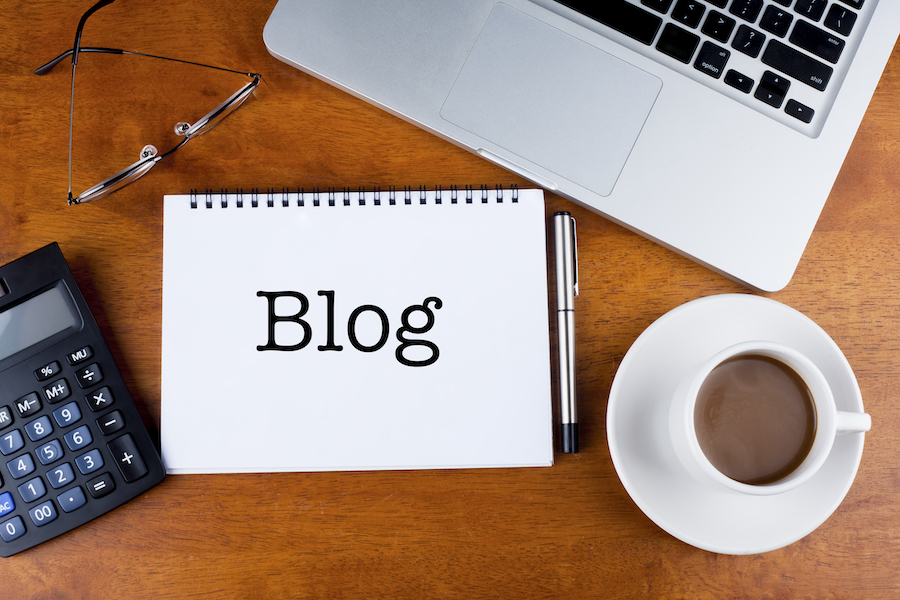Do you find yourself constantly distracted? From notifications popping up on your phone to co-workers dropping by your cubicle, it can be challenging to stay focused and productive. To make the most of your time and energy at work, it is important to master distractions that can hinder your productivity.
I. Introduction
Distraction can be defined as anything that prevents you from focusing on the task at hand. It can come from both external and internal sources, such as emails, social media, your own thoughts, and more.
Mastering distractions can lead to improved productivity, better focus, and more efficient workflows. It requires you to be mindful of the sources of distraction and to use strategies to reduce their impact.
A. Definition of Distraction
Distraction can be defined as anything that prevents you from focusing on the task at hand. It can come from both external and internal sources, such as emails, social media, your own thoughts, and more.
Distraction can interfere with your ability to concentrate, make decisions, and accomplish goals. It can also lead to stress and anxiety, as well as reduce your productivity and efficiency.
B. Benefits of Mastering Distractions
Mastering distractions can lead to a number of benefits. It can help you become more productive and efficient at work, as well as improve your focus and concentration. It can also help reduce stress and anxiety and make it easier to stay motivated and on task.
II. Causes of Distractions
There are many potential causes of distraction. Some of the most common include inadequate planning, unplanned interruptions, and unclear goals.
A. Inadequate Planning
Without a plan in place, it can be difficult to stay focused and on track. When you don’t have a plan, it’s easy to get distracted by other tasks and activities.
B. Unplanned Interruptions
Unplanned interruptions can also cause distractions. Whether it’s a chatty co-worker, an unexpected call, or a text message, these interruptions can take you off task and make it difficult to stay focused.
C. Unclear Goals
When you don’t know what you’re trying to accomplish, it’s easy to get sidetracked and lose focus. Having a clear understanding of your goals can help you stay on track and avoid distractions.
III. Strategies to Reduce Distractions
There are several strategies you can use to reduce distractions and stay focused. These include establishing clear goals, designating focus time, eliminating unnecessary tasks, and using the right tools.
A. Establish Clear Goals
The first step to reducing distractions is to establish clear goals. Take some time to think about what you want to accomplish and set realistic, achievable goals. This will help you stay focused and on track.
B. Designate Focus Time
Designating dedicated focus time can also help reduce distractions. Choose a specific time of day when you can dedicate yourself to your tasks and minimize distractions. This can help you stay focused and productive.
C. Eliminate Unnecessary Tasks
If there are tasks or activities that are not essential to your goals, try to eliminate them. This can help you stay focused on the tasks that are important and avoid getting distracted by the unimportant ones.
D. Use The Right Tools
Using the right tools can also help reduce distractions. Programs that block websites, turn off notifications, or help you stay organized can be invaluable in staying focused and on track.
IV. Conclusion
Distractions can be distracting and reduce your productivity. However, mastering distractions can help you stay focused, motivated, and productive. To do this, it is important to establish clear goals, designate focus time, eliminate unnecessary tasks, and use the right tools. Implementing these strategies can help you make the most of your time and energy and accomplish your goals.
A. Summary of Strategies
To master distractions, it is important to establish clear goals, designate focus time, eliminate unnecessary tasks, and use the right tools.
B. Benefits of Implementing Strategies
Implementing these strategies can help you become more productive, improve your focus and concentration, reduce stress and anxiety, and make it easier to stay motivated and on task.


